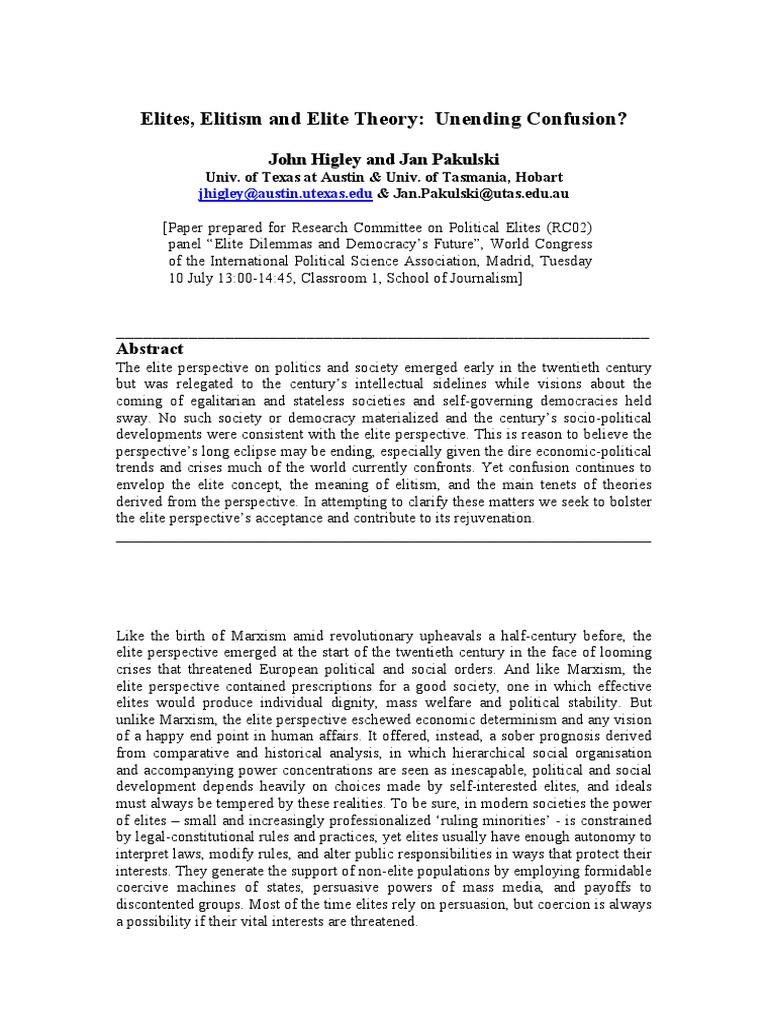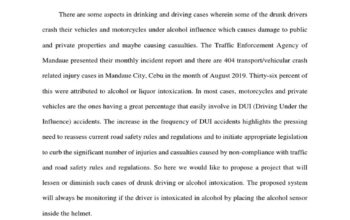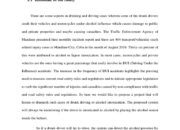The concept of scientific elitism has long been the subject of rigorous debate within the academic community. Traditionally, this notion posits that only a select few—those endowed with esoteric knowledge or exceptional credentials—are deemed worthy to contribute meaningfully to scientific discourse. However, the burgeoning ethos of collaboration, coupled with advancements in communication technology, necessitates a reevaluation of this paradigm. The investigation into “Experts Only? Rethinking Scientific Elitism in a Collaborative Era” compels us to ponder the roles both expertise and inclusivity play in contemporary scientific endeavors.
At its core, scientific elitism rests upon a foundation of specialization, ostensibly leading to thorough inquiry and profound insights. However, an overreliance on the gatekeeping mechanisms of academic elitism can engender a number of pitfalls. First, it risks engendering an intellectual monopoly wherein only a narrow cadre of individuals shapes the trajectory of research. When the definition of an expert remains rigidly delineated, the vast reservoir of potential knowledge embedded within broader society remains largely untapped. Hence, the prerogative to scrutinize what constitutes expertise must be reevaluated.
The advent of digital tools has further catalyzed this shift by democratizing access to information. Platforms such as preprint servers, collaborative online databases, and social media create opportunities for diverse voices to engage in the scientific dialogue. Consequently, the barriers that once governed who could publish and disseminate scientific findings have diminished, thereby inviting fresh perspectives and innovative methodologies. In many ways, this development challenges the oligarchic structures traditionally found within scientific communities.
Moreover, interdisciplinary collaboration has emerged as a cornerstone of modern scientific inquiry, highlighting the paradigmatic shift toward recognizing value beyond traditional expertise. In instances where complex problems, such as climate change or public health crises, transcend the boundaries of any single field, the collective intelligence of diverse disciplines becomes paramount. A hydrologist, for example, may collaborate with an urban planner and a historian to address the multifaceted implications of water scarcity in an urban environment. This cross-pollination of ideas serves not only to augment the scope of scientific investigation but also invigorates the scholarship itself.
Furthermore, the collaborative ethos necessitates fostering environments conducive to participation from various stakeholders. This naturally includes academics, but extends to practitioners, lay experts, and activists whose lived experiences provide critical insights into scientific problems. Engaging communities in research not only enriches data-gathering efforts but also helps in cultivating a sense of shared ownership over scientific outcomes. The realization that expertise is not solely confined to academic accolades is instrumental in fostering such collaboration.
However, the transformation from an elitist model to an inclusive paradigm is fraught with challenges. Concerns regarding the dilution of scientific rigor and the potential for misinformation loom large. As more voices enter the discourse, discerning credible insights from anecdotal experiences becomes increasingly complex. Hence, while democratizing scientific inquiry is crucial, it is equally important to refine methods for evaluating quality while remaining open to emergent perspectives. This duality of aims presents a significant challenge for the scientific community, requiring innovative frameworks that facilitate collaboration while maintaining standards of excellence.
Moreover, the proliferation of misinformation in the digital age exacerbates these challenges. The ease with which unverified claims can achieve viral status underscores the necessity of developing critical literacy skills among both scientists and the public. Consequently, fostering collaborative environments must also place emphasis on educational initiatives that delineate how to critically evaluate and engage with scientific knowledge. This embedding of media literacy within scientific discourse is essential for navigating the complex landscape of contemporary information sharing.
Further compounding the complexities of rethinking scientific elitism is the question of accountability. As more voices participate in scientific collaboration, ensuring ethical standards and equitable practices becomes indispensable. The collective responsibility to uphold integrity, obstruction to bias, and equitable data usage requires robust frameworks for collaborative engagement. Accountability measures must be integrated into the collaborative processes to instill trust among participants and the wider community. By prioritizing transparency and ethical considerations, scientific communities can assuage apprehensions about the implications of a less elitist framework.
In conclusion, the reexamination of scientific elitism invites a shift toward a more inclusive, collaborative approach to knowledge creation. While the era of the solitary expert is receding, the need for discernment and accountability persists. Embracing diverse voices offers the promise of enriched understanding across multifaceted issues, bolstering the efficacy of scientific inquiry. As society grapples with complex challenges, dismantling the barriers of elitism and fostering inclusivity becomes not merely an academic exercise but a vital imperative for the advancement of human knowledge.
Ultimately, transcending traditional notions of expertise calls for a nuanced balancing act: inviting diverse contributions while maintaining a vigilant commitment to rigor and integrity. The challenge lies not in negating the value that specialized knowledge offers, but in reconfiguring the frameworks that govern scientific discourse to maximize the potential of collaborative intelligence. As we navigate the intricacies of this new paradigm, further research into the intersections of expertise and community engagement remains vital. Indeed, it is through the synthesis of diverse perspectives that the future of scientific inquiry can be profoundly reimagined.












